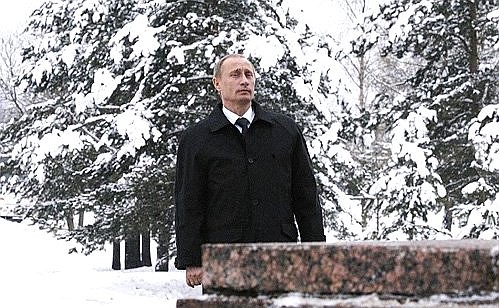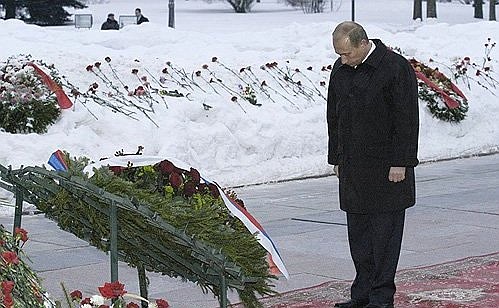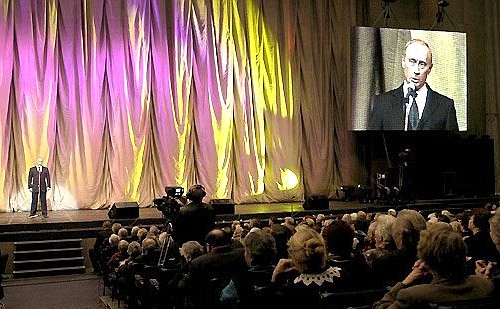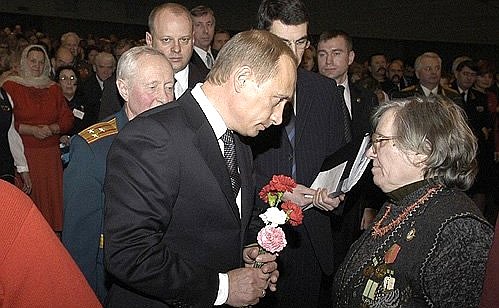In the morning, Mr Putin laid wreaths at the Piskarevsky Cemetery memorial in St Petersburg, where the defendants of the besieged city were buried, and at the Neva Bridgehead memorial near Kirovsk in the Leningrad Region. The 3 kilometre stretch south of Leningrad, which became known as the Neva Bridgehead later, was of strategic defensive importance during World War Two. Since the start of the blockade, which lasted 900 days, the Soviet Army contained the numerically superior enemy here, and Axis troops never closely approached the city. Vladimir Putin Sr., the President’s father, took part in Neva Bridgehead fighting.
In the afternoon, Mr Putin attended a war veteran meeting commemorating the events of February 1944. He said that the defence of blockaded Leningrad was a unique episode in the history of the Russian people, who rescued the city. The enemy closely approached Leningrad in September 1941, slightly more than two months after the start of the Blitzkrieg. Enemy resources appeared sufficient to seize the city. As they drew their vandal plans, Nazis did not take the main thing into account. That was the Russian psyche and the unprecedented valour of the people of Leningrad, their dedication to their duty and love for their city. All that helped to contain the enemy and brush him far aside more than two years after, the President said.
Mr Putin thanked war veterans and all blockade survivors for heroism, and congratulated them on the glorious anniversary.



